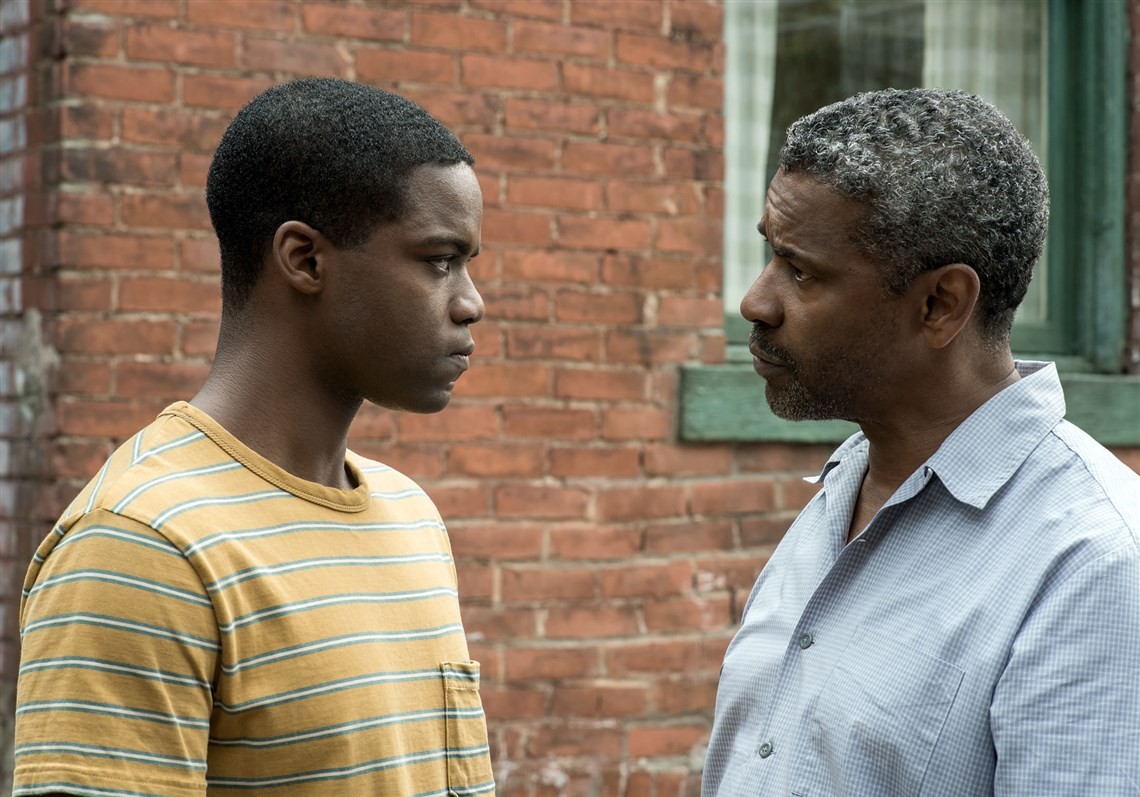
Jane Nelson is a giant in the field of parenting education. Her Positive Discipline books and training programs have helped millions of parents understand and act on one of her critical insights: When we discipline our children, our primary goal should be to help them develop the long-term character strengths we want them to have.
Don’t declare consequences immediately
If you’re like me, when your child misbehaves, your first instinct is to declare consequences. You haven’t finished your vegetables. So no dessert for you. You haven’t done your reading. No video games for you. You got home late from the party. You’re grounded next weekend.
Nelson asks us to think about these kinds of situations in a different way. In moments like these, what opportunities are presenting themselves to help your child develop responsibility, respect, integrity, and other character strengths you want him to have?
Ask your child questions
Instead of declaring consequences right away, Nelson advises us, try asking questions and having a conversation.
If your four-year-old isn’t eating her vegetables, you might ask, “What do you need to eat in order to stay healthy? What’s still on your plate?”
Or, if you’ve served broccoli and she hates broccoli, she still may not eat it. This observation might prompt another line of conversation: “I see you don’t like broccoli. What other vegetables do you like better that we might try next time?”
If your fourth grader hasn’t read yet today, as he’s expected to do, you might ask, “What’s going on in your book? How do you like that one? What kinds of books are you loving these days?”
Or, if you’re teenager arrives home later than you have agreed, you might start by asking, “What happened last night? What kept you out late?”
Get into a conversation
Ideally, you’ll end up in a conversation about the behavior. Your child will begin to recognize the need to change their actions. You’ll learn ways to encourage and support your child’s efforts to act responsibly.
However, even after asking a few questions in a kind tone of voice, it’s possible that you’ll get nothing back from your child other than silence and a shrug. That’s OK. You’re communicating to your child that you’re open to connection and conversation. Pause for a few moments before moving on to impose consequences.
Even when your child is willing to talk, these conversations are unlikely to correct misbehavior immediately. Your four-year-old still might not eat her vegetables willingly; your fourth grader might not immediately run to his room to read; your teenager might miss his curfew again.
Consequences are still important
You still need consequences for poor choices or misbehavior. It may be a rule in your household that there is no dessert without vegetables or teens are grounded the next weekend if they arrive home late. In fact, Nelson believes these consequences are essential for children to develop responsibility. She’s not an advocate of “permissive” parenting.
What she is saying, however, is that we should take a long-term perspective as we communicate with our children. What we really want is for them to make good decisions and act responsibly on their own. Right now, though, they’re still in the process of developing the skills they need to be able to make good choices. They need our help.
When, instead of simply handing out punishments, we take the time to ask questions and engage in conversation, we’re giving them the opportunity to understand and internalize the mindsets and skills that will enable them to act responsibly — now and for the rest of their lives.
